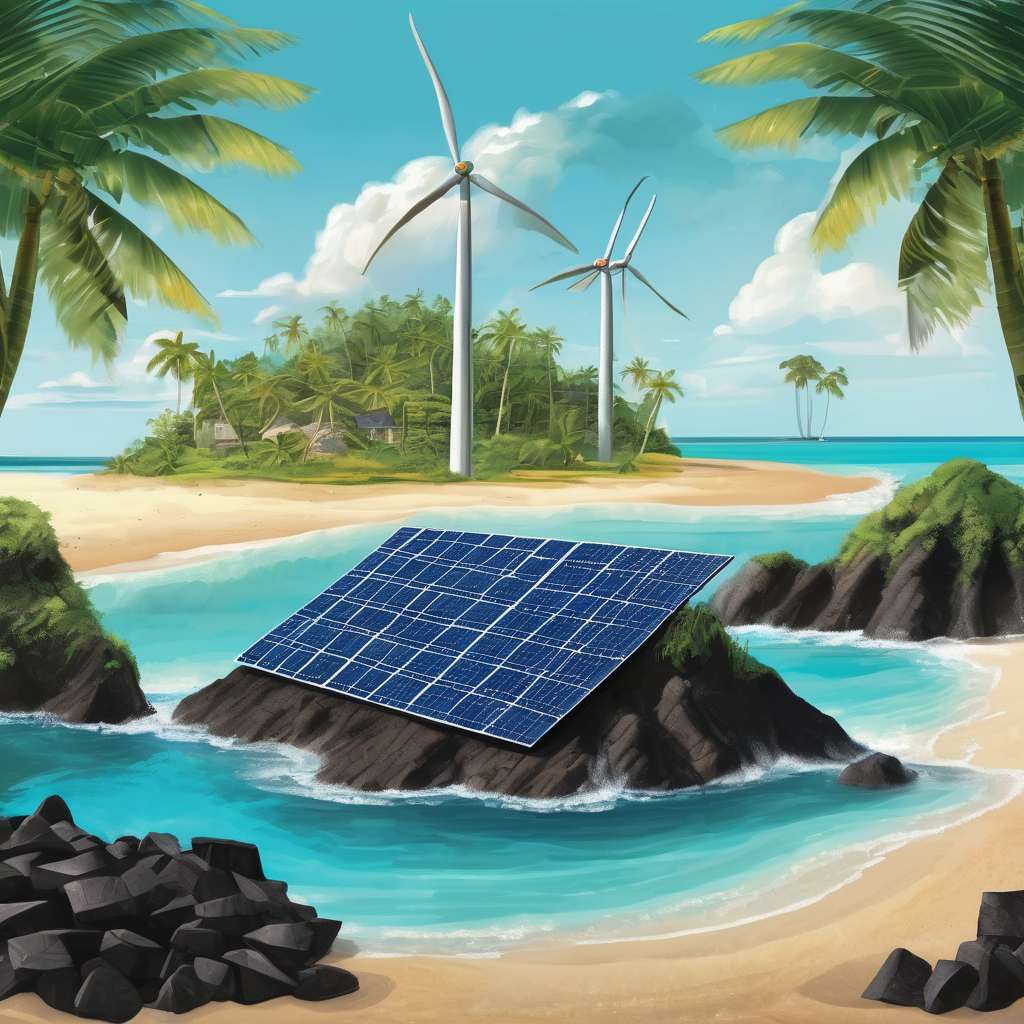Small Island Developing States (SIDS) face unique challenges as they navigate the impacts of climate change, which not only include physical vulnerabilities but also critical economic dependencies, particularly on imported fossil fuels. At the recent Joint BOGA-NDC Partnership Event focused on transitioning away from fossil fuels, Naisa Tuinaceva, Fiji’s Assistant Minister for Public Works and Transport, urged developed nations to recognize both the physical and economic ramifications of climate change when allocating climate finance.
Tuinaceva highlighted that SIDS are often portrayed primarily through their susceptibility to environmental changes, overlooking the significant economic risks associated with their reliance on fossil fuel imports. This dependence makes them vulnerable to volatile oil and gas markets. He underscored Fiji’s commitment to mitigating these challenges through legislative initiatives like the Climate Change Act (CCA) of 2021, which requires comprehensive reporting of bulk fuel sales and mandates a decarbonization strategy aimed at achieving a net-zero target by 2050.
Fiji’s Third Nationally Determined Contribution (NDC3.0) reflects a commitment to reforms that promote transparency in fossil fuel imports and aims for substantial reductions in greenhouse gas emissions. This commitment aligns with the findings from the Global Stocktake at COP28, emphasizing the urgency for rapid and sustained emissions reductions.
Moreover, Fiji has joined the Beyond Oil and Gas Alliance (BOGA) as a “Friend,” seeking technical, policy, and analytical support to facilitate a transition from fossil fuels. Tuinaceva emphasized that engagement with such platforms allows Fiji to reaffirm its dedication to the Paris Agreement, while advocating for collaborative global action to combat the climate crisis.
Fiji’s proactive stance is complemented by ongoing discussions at international forums about the need for substantial investment in clean energy. Underlined by previous discussions at COP29, Fiji’s Deputy Prime Minister, Biman Prasad, has called for more cohesive efforts rather than fragmented initiatives to address climate change effectively. The consensus is clear: to tackle the complex challenges posed by climate change, significant financial and collaborative international support is vital.
SIDS like Fiji illustrate a hopeful narrative in the global dialogue surrounding climate action. Despite facing daunting obstacles, their commitment to sustainable energy initiatives and climate justice reflects a resolve to lead in a global transition toward a cleaner, more resilient future. With continued support and strong partnerships, there is potential for meaningful progress that not only addresses pressing environmental concerns but also enhances economic resilience for vulnerable nations.
